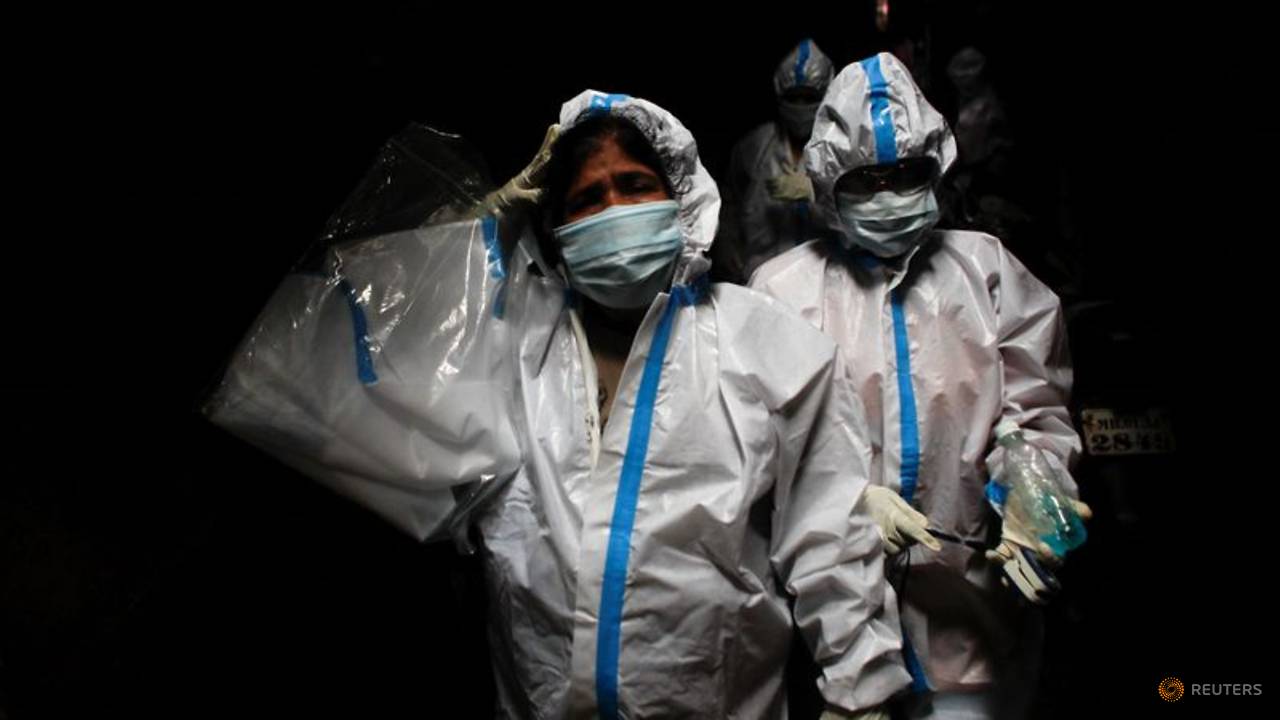Demonstrators burned tires on residential streets as organizers urged protesters to gather in large numbers near their mosques after Friday prayers. Large military vehicles were present on streets, and soldiers were stationed outside banks and petrol stations.According to Reuters, security forces also used tear gas and stun grenades to break up protests.The grass-roots neighborhood protesters are calling for President Omar al-Bashir to step down. Larger protests, organized by professional unions representing doctors, lawyers, teachers and students, are planned and are supported by two of the largest opposition parties. The protests against Bashir began 10 days ago, triggered by fuel shortages and a spike in food prices that saw the cost of bread double in the past year.The violent clashes have left at least 19 people dead and another 406 injured, the Sudan Minister of Information Bushara Juma told reporters on Thursday. Amnesty International says that at least 37 people have been killed since the protests began.Juma added that two wounded members of the security forces were among the dead. Juma said 219 of those injured were civilians and 187 were members of the government security forces.Khartoum is one of 14 cities across Sudan where protests are taking place, with the largest expected in Atbara, 310 kilometers north.This story has been updated to correctly identify the protest organizers and to reflect that the demonstrations have been anti-government in nature from the start.
CNN's Bianca Britton wrote from London. Journalist Yousra Elbagir reported from Khartoum and CNN's Adeng Koriom contributed from Hong Kong.
Original Article
Demonstrators burned tires on residential streets as organizers urged protesters to gather in large numbers near their mosques after Friday prayers. Large military vehicles were present on streets, and soldiers were stationed outside banks and petrol stations.According to Reuters, security forces also used tear gas and stun grenades to break up protests.The grass-roots neighborhood protesters are calling for President Omar al-Bashir to step down. Larger protests, organized by professional unions representing doctors, lawyers, teachers and students, are planned and are supported by two of the largest opposition parties. The protests against Bashir began 10 days ago, triggered by fuel shortages and a spike in food prices that saw the cost of bread double in the past year.The violent clashes have left at least 19 people dead and another 406 injured, the Sudan Minister of Information Bushara Juma told reporters on Thursday. Amnesty International says that at least 37 people have been killed since the protests began.Juma added that two wounded members of the security forces were among the dead. Juma said 219 of those injured were civilians and 187 were members of the government security forces.Khartoum is one of 14 cities across Sudan where protests are taking place, with the largest expected in Atbara, 310 kilometers north.This story has been updated to correctly identify the protest organizers and to reflect that the demonstrations have been anti-government in nature from the start.
CNN's Bianca Britton wrote from London. Journalist Yousra Elbagir reported from Khartoum and CNN's Adeng Koriom contributed from Hong Kong.
Original Article











